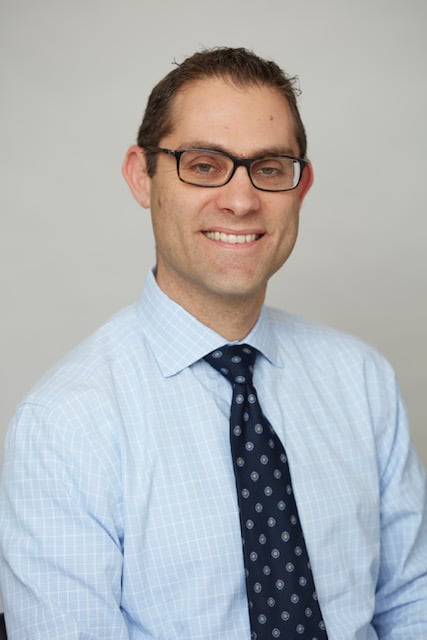
By Dan Murphy
We close out our coverage of American Heart Month with our continued discussion with Dr. Alon Gitig, from Mount Sinai Doctors, Westchester, about realistic ways to improve your heart health. In previous stories, we highlighted how diet and stress can affect your heart’s health. This week we highlight the importance of physical activity.
Most of us know that exercise will help our heart’s health. Dr. Gitig, Director of Cardiology at Mount Sinai Doctors-Scarsdale and Mount Sinai Doctors-Yonkers, provides easy tips and strategies to help us start.
“The best medication for your heart is physical activity, and it’s the most important way to ensure that you will age gracefully. Ten to fifteen minutes a day can give you that benefit, and even if you don’t see the immediate results it’s important to continue.”
“The health benefits to physical activity and your heart are you can lose weight and lower your blood pressure and sugar levels. But you must stay committed and start gradually. All of the studies that have looked at levels of physical activity shows that even walking more every day for just 10 minutes will lead to a steep decline in heart disease. Other benefits include better sleep, better attention, less dementia and less anxiety.”
Dr. Gitig identified the top three reasons why we don’t exercise regularly:
1-We don’t see immediate progress: “When you start to walk and move your body and muscles, there is a lack of concrete benefits that you can see. But you need to continue and don’t give up, and don’t overwhelm your body and try to work out too much too soon.
“For most people, the best way is to start slow and build up your routine to avoid muscular injury and avoid feeling exhausted. If you do too much too quickly, you can feel like your body is falling apart and you get depressed. You need to build up to a longer workout and wait for the benefits to show.”
“Start with small things that are going to be wins, like walking up and down your staircase for 5 minutes. When you do that for a while the fatigue factor goes away. You may not see the benefits immediately, but after a month or two you will start to feel better and you become hooked and you won’t want to give it up,” said Dr. Gitig.
2-We Can’t Find the Time: “All of us our busy, but almost all of us can find the time for 10 minutes of physical activity. You have to take it seriously enough to find the time. If it helps, use an APP or an alarm to remind you that its time for some exercise. And you don’t have to go to the gym, just trade your sitting time for movement. –you are going to live longer and healthier and age better.
“Buy a small pedaling machine for your home, and get on it while you eat lunch, and carve out 15 minutes during your day. It doesn’t have to be strenuous and over the course of years it could save your life. If you are at your desk all day working, work hard for 45 minutes and then take a 10-minute break and get up and walk around or do some physical activity. Not only will this help your heart health, but you will be more focused after because exercise improves your attention. Also, find ways in your day to walk more. Park further away from your destination and walk. Go up and down your stairs at work. Try to walk fast for 5 minutes a day.”
3-We don’t feel well enough to exercise: This is for seniors and those with aches and pains. They feel tired because of years of being sedentary and the muscles ability to generate energy makes us feel more fatigued.
But the answer is its never too late to start and start gradually. For most of us, regardless of age, we need to start with low levels of activity and slowly get your heart rate up.
What I say to my senior patients is that there are significantly lower levels of dementia and higher rates of being able to function independently if you can exercise regularly. Physical activity can help you stay independent and stay out of a nursing home.
And there is always some type of physical activity that all of us can do, like squatting up and down from a chair. And if you have to, pay for a few sessions with a personal trainer to get a routine. And as the weather gets warmer, think about getting in the pool, even walking around in the pool helps.
Throughout our coverage of heart health month, Dr. Gitig has connected COVID-19 to heart health. And his message remains the same. “Now, one year later, we need to take control of our lives, during COVID and take care of our bodies, and our heart. Exercise will help your heart, lower dementia, lower the risk of cancer, lower rates of diabetes, and help your mental functioning, and lower rates of depression, anxiety and stress. Take control of your life, it’s never more important.”
Alon Gitig, MD, is Director of Cardiology at Mount Sinai Doctors-Scarsdale and Mount Sinai Doctors-Yonkers. He is also an Assistant Professor of Cardiology, Icahn School of Medicine at Mount Sinai, and Medical Director of the Heart Failure Management Program for the Mount Sinai Health Network.
To learn more about Mount Sinai Doctors- Yonkers click here Mount Sinai Doctors – Yonkers – YouTube.





